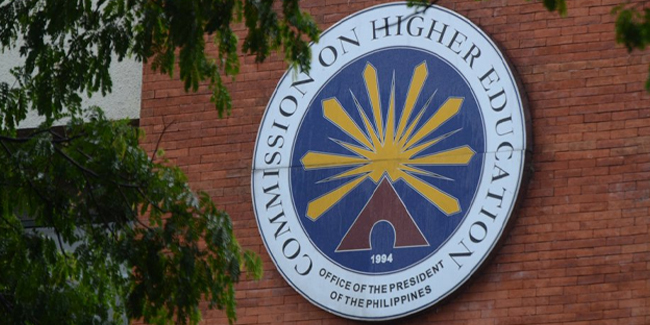President Rodrigo Duterte has signed RA 11448, or the “Transnational Higher Education Act“, which was signed on August 28 and made public last September 25 this year.

This law is meant to improve the global competitiveness of local education by allowing the presence of foreign schools in the state. It is also meant to modernize the higher education sector, as stated in RA 11448, “with a view of . . . attracting a flow of talented students, faculty & staff, and improving the country’s human resource base.“
As stated in Section 4 of the new law, the Commission on Higher Education (CHEd) is responsible in formulating a national strategy for the formation of Transnational Higher Education (TNHE) programs and institutions for undergraduate, graduate and post-graduate degrees in the Philippines.
Foreign universities can put up branch campuses through a local partner for as long as Filipino students must comprise for at least two-thirds of enrollment. Foreigners can also fill up more than 80% of faculty and up to 40% of the administrative personnel and staff in their local branches.
The following types or modes of TNHE, as stated in Section 6 of the new law, are the following: Academic franchising; Articulation; Branch campus; International branch campus; Joint degree; Double degree; Online, blended, and distance learning; Open Distance Learning (ODL), TNHE Offshore institution, Twinning arrangements, and Validation.
Local universities with programs recognized by the Commission on Higher Education are also allowed to offer their services abroad, as long as these schools abide by the rules and regulations of the host country.
Thank you for visiting our website. We hope we have helped you with regards to this matter. You may keep coming back for more informative guides.
READ ALSO | Lamitan City in Basilan Turns Plastic Trash Into Tulips in order to Fight Waste
